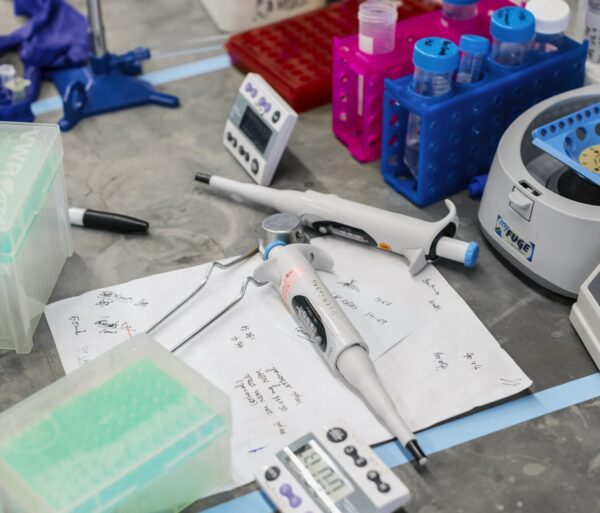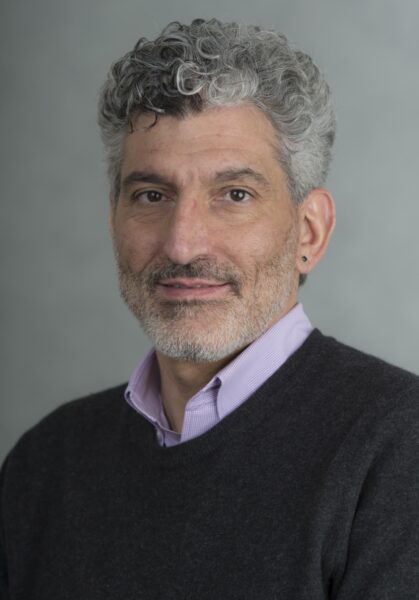
Epilepsy is a brain disorder of abnormally increased brain excitability that leads to seizures. A person is considered to have epilepsy when he or she has two or more unprovoked seizures. Advances in therapeutics have improved the lives of patients with epilepsy, yet seizures refractory to medical intervention remain a significant cause of disability. Additionally, many of the patients who do achieve acceptable control of seizures with anti-epilepsy drugs suffer side-effects from multidrug combinations or high dosages, and may still develop drug resistance. Surgical removal of seizure-producing areas of the brain can control seizures in some patients, but is less effective in others. Thus, although substantial strides have been made in treating epilepsy, new therapies are warranted to help the many patients who suffer intractable seizures or complications from medical or surgical treatment efforts. Dr. Dane M. Chetkovich used his 2009 BRF Seed Grant to attempt to develop new epilepsy treatments to better the lives of these patients.
The abnormal brain excitability that causes seizures often results from genetic or acquired deficiencies in ion channels that control neuronal excitability. Ion channels are proteins that form a pore across the plasma membrane of cells. In neurons, these channels help regulate the electrical activity by controlling the flow of ions across the membrane. When the regulation is disrupted, leading to a seizure, neurons may fire, or send signals on to other neurons in patterns that are very different from normal.
Dr. Chetkovich focused on a likely candidate for explaining abnormalities of excitability in both hereditary and acquired epilepsy—the hyperpolarization-activated cyclic nucleotidegated (HCN) channel (h-channel). The h-channel family of ion channels consists of four different genes, HCN1-4, and has been implicated in epilepsy in animals and human patients. Dr. Chetkovich’s project examined whether using engineered viruses to produce HCN2 in abnormal areas of epileptic brain can stop seizures. These experiments aimed to develop and test techniques for viral gene therapy in an animal model of epilepsy with the ultimate goal of translating these techniques to patients with intractable epilepsy.



